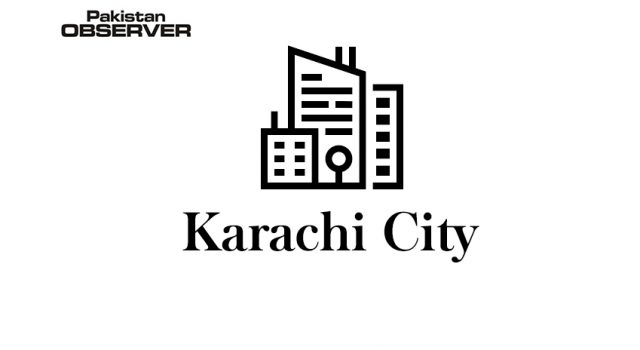Climate Change experts and journalists highlighted the need of clean, nature-based solutions to the problem of climate change and the need of sensitizing journalists towards promoting responsible reporting on the impacts of climate change.
These issues were discussed and addressed during a workshop organized for journalists titled “Reporting on Climate Change: Making the Invisible Visible” by The Centre for Excellence in Journalism (CEJ) and the International Committee of the Red Cross (ICRC).
Centered around building the technical knowledge and skills of journalists, the workshop’s objective was to promote responsible and inclusive reporting on the way climate change is playing out locally.
Climate change is deeply intertwined with local patterns of inequality and those already marginalized or in vulnerable situations face disproportionate impacts of this crisis.
Veteran journalist and lead trainer for the workshop, Shahzeb Jillani said “It is imperative that we place local communities at the heart of our stories and highlight the indigenous impacts of climate change that are otherwise absent from mainstream media coverage”,
The workshop was attended by 13 print, broadcast and digital journalists from various media organizations and featured expert sessions by Malik Amin Aslam, former Minister for Climate Change, Dr Nausheen Anwar, Director Karachi Urban Lab, Sardar Sarfaraz, and Chief Meteorologist at the Pakistan Met Department Dr Sher Muhammad, Glaciologist at ICIMOD, and Maaz Tanveer, Head of Communications for HANDS Pakistan.
Former Minister for Climate Change, Malik Amin Aslam while commenting on the need for a consolidated national response to climate change said “We have turned cities of gardens into cities of concrete. There are too many policies and negligent implementation. We need to move towards clean, nature-based solutions to this crisis,”
The workshop allowed participants to learn more about the science of climate change, disaster risk reduction and management, politics and science of global climate change, and progress on the government’s national response to this phenomenon.
Experts warned of life-changing consequences of inaction on climate change and urged reporters to connect climate science with local priorities. “If we do not control the average temperature by 1.5 degrees by the end of this century, two-thirds of our glaciers will disappear, for which no substitute is available,” said Glaciologist at ICIMOD, Dr. Sher.










